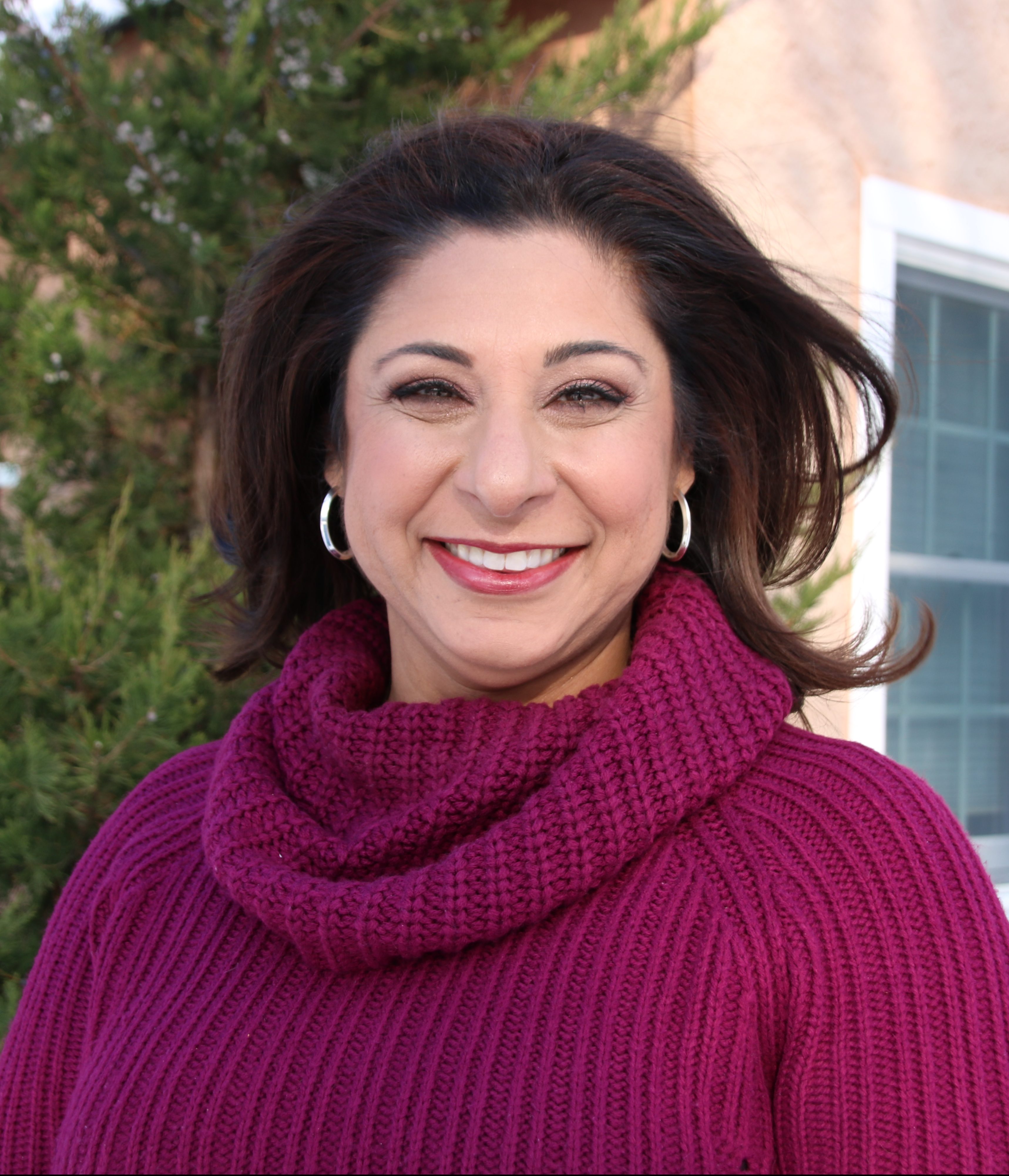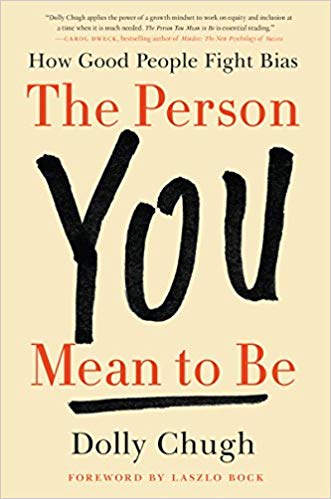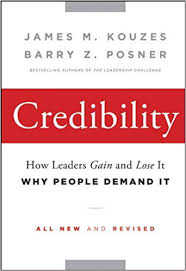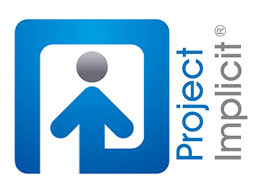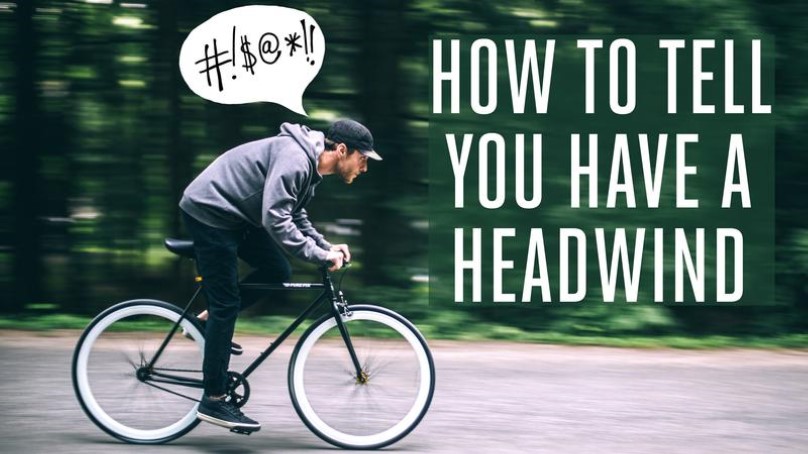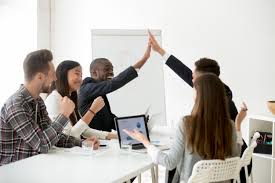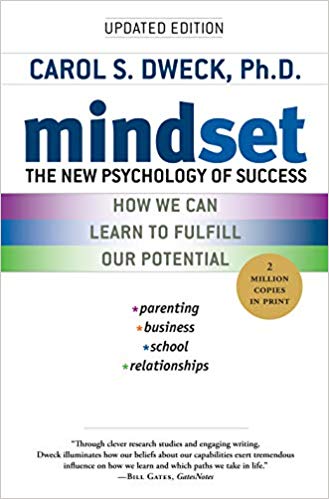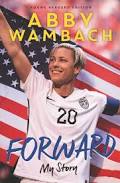Guest: Dolly Chugh, author of The Person You Mean to Be
Dolly Chugh is the Author of the acclaimed The Person You Mean to Be: How Good People Fight Bias. She’s also an award-winning researcher at NYU Stern School of Business where she studies the psychology of good people and teaches MBA courses in leadership, management, and negotiations. Dolly shares compelling data on the existence of bias for all of us and provides practical ways for going from a "Believer" in equality to a "Builder." You can start by taking the Harvard Bias test below.
Dolly delivered one of the 25 Most Popular TED Talks of 2018
and has been named one of the Top 100 Most Influential People in Business Ethics (along with Pope Francis, Angelina Jolie, and Bill Gates) by Ethisphere Magazine.
Prior to joining the NYU faculty, Dolly worked at Morgan Stanley, Time Inc., Scholastic, and Merrill Lynch. Dolly has degrees from Cornell University (B.A.) and Harvard University (M.B.A., Ph.D.)
SHOW NOTES
Dolly, a social scientist, studies the psychology of “good people.”
We work hard to protect our good person image. Most of us think we have Credibility. Most of us believe we’re not prejudiced. Dolly’s research explores how our desire to protect our “good person” image actually gets in the way of acknowledging areas where we can be even better.
Take the 10 minute Bias Test
The Implicit Association Test (I.A.T) was designed by the world’s top 3 experts in unconscious bias. These Bias tests are FREE! Choose from a range of tests: Race, Gender, Sexuality, Age, etc. See if you have unconscious biases you didn’t even realize you had.
Headwinds and Tailwinds - Grasping Privilege
We recognize a headwind, but rarely appreciate a tailwind. These winds are invisible, yet significant in their impact. A powerful illustration of the forces at play for people of color at work. Dolly attributes the concept to Debby Irving, who has a chapter by that title in her book: Waking Up White: and finding myself in the story of race.
"Your meetings will tell you what is happening in your organization"
Salesforce is at the forefront leading the way in understanding diversity and inclusion. Tony Prophet, Chief Equity Officer of Salesforce says one of their top strategies is to run better meetings. Notice:
-> Who was invited, who wasn’t? -> Who got interrupted, who didn’t?
-> Who had air time, who didn’t? -> Who received credit, who didn’t?
Growth Mindset
Dolly draws from Carol Dweck of Stanford University. Dweck’s book, Mindset, makes the distinction between a fixed mindset and a growth mindset. “Goodness” is not a fixed quality, but something that can be developed through focused effort.
Leveraging the Diversity Advantage
Dolly refers to the work of Kathy Phillips, Director of the Center for Leadership & Ethics and Senior Vice Dean of Columbia Business School. Here, she discusses small steps that have big impact on getting the leverage diversity can provide.
The Best Leaders Share Credit
Abby Wambach, two-time Olympic gold medalist, Women's World Cup champion and six-time winner of the U.S. Soccer Athlete of the Year award. When Wambach scores a goal, rather than bask in all the glory, she points and puts the spotlight on the person who made the assist. Wombach shares wisdom about leadership and teamwork in her newest book, Wolfpack, and her original memoir, Forward.
-
Connecting
-
Blog PosT

